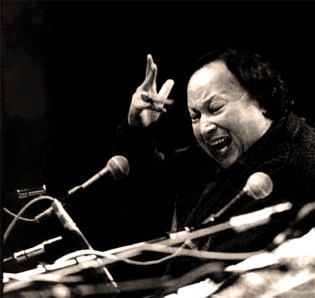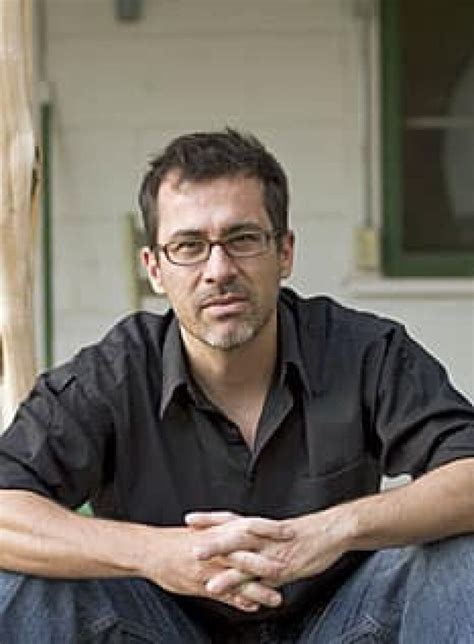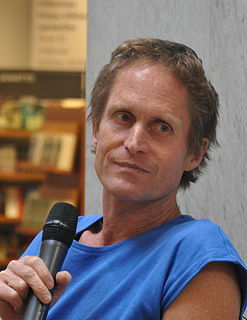A Quote by Nusrat Fateh Ali Khan
There are two languages that I love: Farsi and Panjabi. Because the depth of Sufi thought in these two languages cannot be found in any other language.
Related Quotes
I work in Hebrew. Hebrew is deeply inspired by other languages. Not now, for the last three thousand years, Hebrew has been penetrated and fertilized by ancient Semitic languages - by Aramaic, by Greek, by Latin, by Arabic, by Yiddish, by Latino, by German, by Russian, by English, I could go on and on. It's very much like English. The English language took in many many fertilizations, many many genes, from other languages, from foreign languages - Latin, French, Nordic languages, German, Scandinavian languages. Every language has influences and is an influence.
Those who become hyperpolyglots are those who meet two criteria. One, they are exposed to language material. Two, they undertake learning languages as a mission as well as acquiring the personal identity as a language learner.I describe the "neural tribe theory" of hyperpolyglots, arguing that they possess an atypical neurology that is selected by some environments and not others; presumably, there have always been humans walking around with that set of neurological traits or factors, only some of whom actually use those things for languages.
I'm German! Actually, I love my countr, ;I love the language. The German language is very special because it is so precise. There is a word for everything. There are so many wonderful words that other languages don't have. It is impressive to have such a rich language, and I love to work in that language.
I have become interested in languages which I cannot make up, which I cannot create or even create in: I have become interested in languages which I can only come up upon (as I disappear), a pirate upon buried treasure. The dreamer, the dreaming, the dream. I call these languages, languages of the body.



































